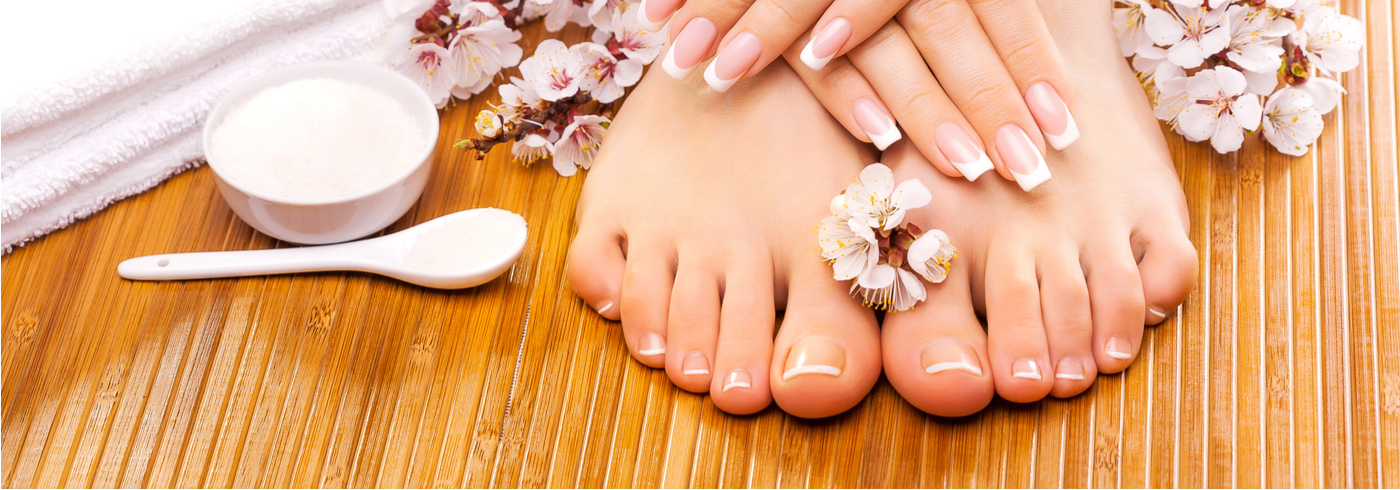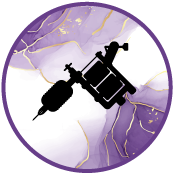
Salons and Spas
Salon and spa clients
Anytime you visit a salon or spa, there is a chance of getting an infection. Get your service done with the least amount of risk. You do not have to see blood or body fluids on items for an infection to occur. Make sure the salon or spa you choose makes infection control a priority.The Health Department inspects salons and spas. We do not issue approvals, certifications, or licences. Visit different salons and spas and ask to see their last Health Department inspection report or get reports online as part of our disclosure program.
| When to refuse service |
| Do not get a service if the service provider:
|
| What are blood and body fluid exposures? |
| A blood or body fluid exposure is when:
Steps to take if a blood or body fluid exposure happens:
|
| Hairdressing and barbering services |
| Your hairdresser or barber must:
|
| Manicure and pedicure services |
| Your manicure and pedicure worker must:
|
| Aesthetic services |
| Your aesthetician must:
|
| Services that break the skin |
| If you are getting microblading, microneedling, dermaplaning, electrolysis, or other facials that use sharp items, make sure your service provider is following these guidelines. Your aesthetician must:
|
| Waxing services |
| Your aesthetician must:
|
Salon and spa workers
The Ministry of Health requires health departments to inspect all salons and spas in Ontario. In Durham Region, we inspect at least once a year. We do more inspections if we receive complaints or if the studio needs a follow-up visit.- Cleaning
- Sanitation
- Basic infection control to prevent the spread of diseases such as hepatitis B, hepatitis C, and HIV
These guidelines are for any services including special events and home-based salons and spas where there is a risk of being exposed to blood or body fluids.
Applications and forms
Contact a public health inspector and get information about opening a new salon or spa. We will give you an information package.
Health Department notification
Owners and operators of personal service settings must provide written notification to Durham Region Health Department 14 days before:
- opening a new personal service setting;
- changing the location of an existing personal service setting;
- starting the renovation or reconstruction of an existing personal service setting; or,
- providing additional services in an existing personal service setting.
Personal service settings notification form
Salon and spa services at special events
You must fill out an application form if you plan to offer salon or spa services at community events in Durham Region such as a fair or a trade show.
- Coordinator and organizer's application form
- Vendor's application form
- Guidelines for special events
Submit public health applications for businesses online
Request a Health Department display or presentation
Owner/operator resources and requirements
 Beyond Glam Newsletter
Beyond Glam Newsletter
A new publication from Durham Region Health Department intended to bring the industry closer together by sharing information that is helpful for all Durham Region facilities that offer personal services.
Download the Fall/Winter 2025 edition
| Past newsletters |
| Health Protection and Promotion Act, Personal Service Settings Regulation and Public Health Ontario Guideline |
| Resources for salon and spa workers |
|
| Cleaning and disinfection |
|
Regular cleaning and disinfection helps to prevent the spread of germs. Cleaning removes dirt, organic matter, and most germs. Cleaning alone does not kill harmful germs left behind. Clean all surfaces before disinfecting them. Disinfection kills most disease-causing germs that stay on surfaces. |
|
Sterilization |
|
Sterilization kills all germs including viruses, bacteria, fungi and spores. Proper cleaning is important before sterilization. Items that break the skin such as needles and lancets must be new, pre-packaged and in sterile condition. Your must test your autoclave every other week by sending the spore test to a laboratory. Resources on how to sterilize reusable items on-site: |
| Keeping hands clean |
|
Wash your hands to stop the spread of germs. Handwashing is the simplest and most important thing that you can do to reduce the spread of germs. It keeps you and your clients from getting sick. Handwashing steps Hand sanitizing steps |
| Tattoos, piercing and permanent makeup |
Disclosure
Personal service setting inspection reports
 Our disclosure program for salons, spas and studios is called Know Before You Go Durham. Each time a public health inspector visits a salon, spa or studio for an inspection they will give the salon, spa or studio a coloured sign. The sign and the inspection results will be posted online for two years.
Our disclosure program for salons, spas and studios is called Know Before You Go Durham. Each time a public health inspector visits a salon, spa or studio for an inspection they will give the salon, spa or studio a coloured sign. The sign and the inspection results will be posted online for two years.
- A green sign is a pass.
- A yellow sign is a conditional pass.
- A red sign means there has been a closure.
The sign must be posted right away at the main entrance to the spa, salon or studio, where it is visible to the public. Online inspection results provide real-time inspection and investigation results.
Common questions and answers about disclosure.
|
Inspection signs and resources |
||||||||
|
Contact Us




